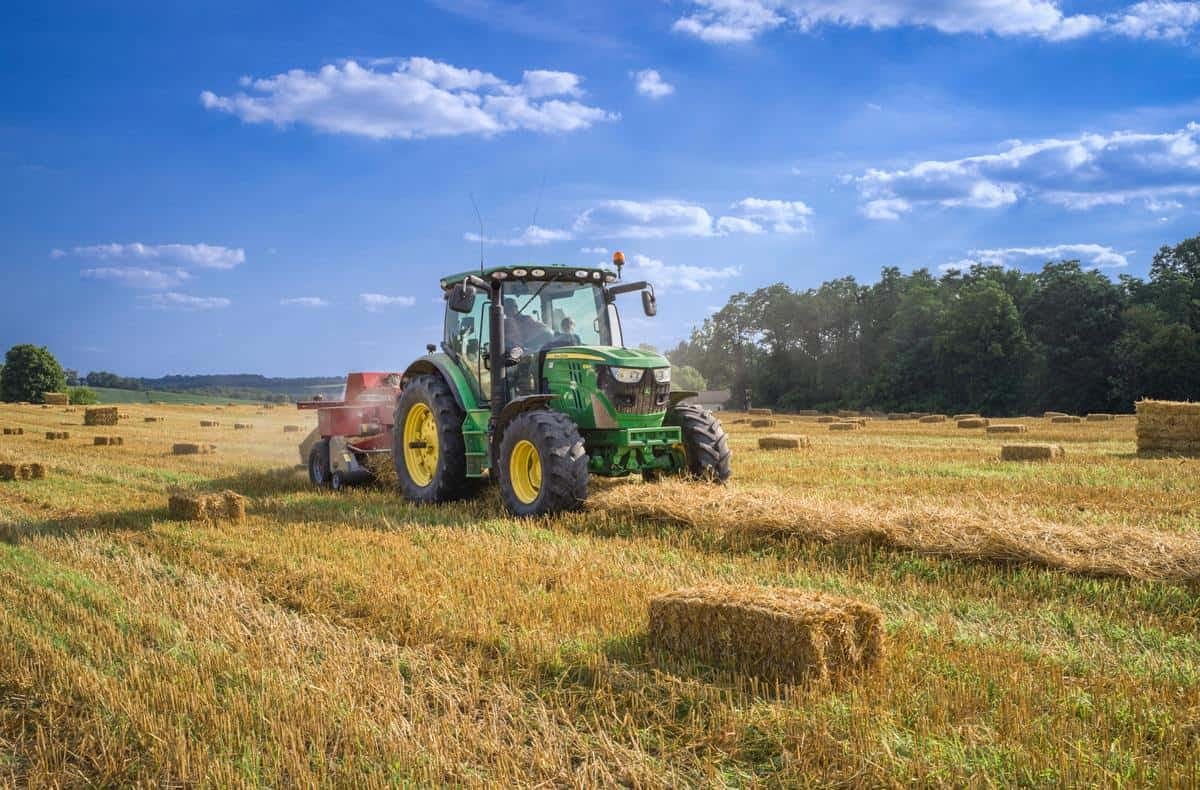A recent Productivity Commission (PC) inquiry has recommended the Federal Government overhaul Australia’s right to repair laws.
As many products available on the market have become more technologically complex, so too has the ability to repair them. Many companies now insist only the manufacturer can do so, writing this into product warranties.
Consumers have been forced into a bind where they must choose between being hit by large repair costs from manufacturers or risk voiding warranties with generic parts.
The Productivity Commission stated that there “are significant and unnecessary barriers to repair for some products”.
The PC’s ‘Right to Repair’ report, released on Wednesday, sets out recommendations that include changes to consumer and intellectual copyright laws that would enshrine the right to repair.
A win for farmers
The outcome of the inquiry has been celebrated by Australian farmers who have been fighting for the right to fix or replace specialist equipment without facing exorbitant manufacturer costs.
Under the current laws, manufacturers like John Deere prohibit individuals or independent repairers from mending their agricultural machinery.
National Farmers Federation CEO Tony Mahar said, “Farmers, as small business owners, should have the same right as anyone else to have their machinery repaired by a suitable qualified repairer, without the fear of losing their warranty, and without being locked into needlessly exorbitant repairs by the dealership network and for spare parts.”
The right to repair movement calls for manufacturers’ mandates to create fixable goods that would end monopoly-like behaviour.
The findings from the PC inquiry set out clear recommendations for introducing a repair supplies obligation on agricultural machinery.
Should the recommendations be adopted, they will empower independent repairers and farmers to undertake repairs by providing affordable spare parts, diagnostic tools, and information, which will encourage competition with the dealership network for the provision of repairs.
“Maintenance and repairs of farm machinery is not an opportunity for dealers to dip their hands into the pocket of the farmer and to bulk up their profit margins. The introduction of a right to repair will ensure farmers get a good price for any repairs through a more competitive market for after-sales services,” said Mr Mahar.
He continued: “The right to repair will remove the perverse financial incentive to use after-sales services to squeeze more money out of farmers.”
Enforcement by ACC
The PC recommended in its report that Australia’s consumer watchdog, the ACCC, should be given greater powers to enforce the right to repair, including the ability to issue fines to companies that don’t comply.
“A failure of a company to make good its consumer guarantee obligations doesn’t have a penalty associated with it,” ACCC Deputy Chair Mick Keogh said.
“It would simply require the legislation to be amended to include penalty provisions. And we wouldn’t need any extra resources. In fact, it would make our job easier because we would then have some real enforcement potential.”
Assistant Treasurer Michael Sukkar has welcomed the report, he said, “Given the breadth of matters considered, the government will consider how the report’s recommendations interact with existing policy to ensure costs and benefits are measured and appropriate and provide our response early next year.”
The PC recommends that this right to repair scheme be implemented as a matter of urgency, with design and implementation to begin in 2022.
Read more: From Carbon Paper to Cloud – Big productivity gains for your business
Read more:New digital platform to drive growth of Aussie agriculture
Keep up to date with our stories on LinkedIn, Twitter, Facebook and Instagram.

